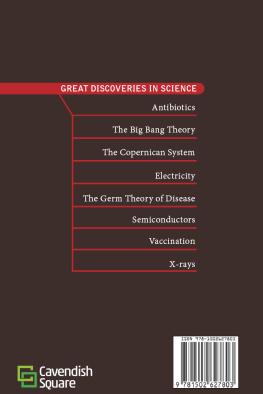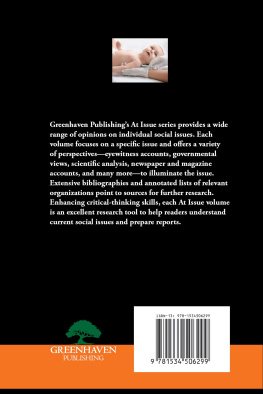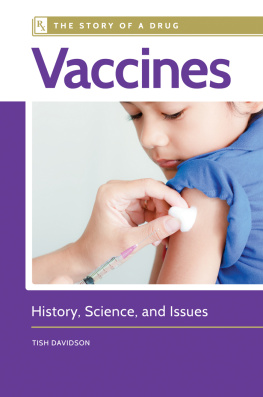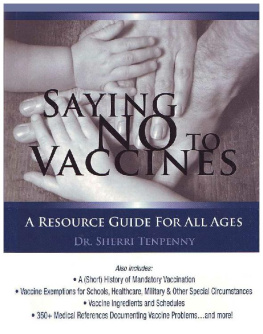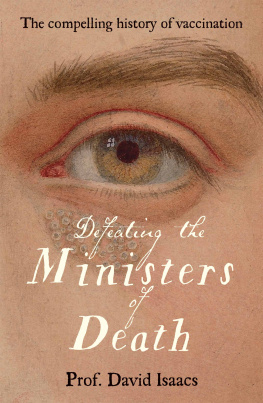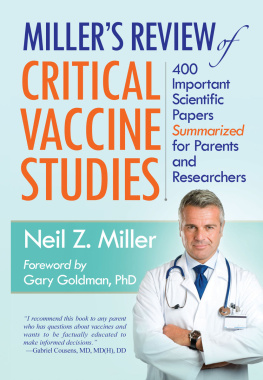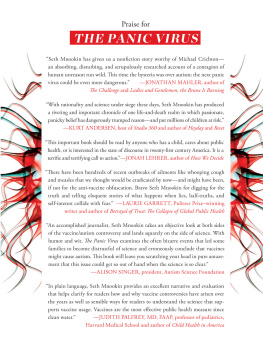
SOCIAL HISTORIES OF MEDICINE
Series editors: David Cantor and Keir Waddington
Social Histories of Medicine is concerned with all aspects of health, illness and medicine, from prehistory to the present, in every part of the world. The series covers the circumstances that promote health or illness, the ways in which people experience and explain such conditions, and what, practically, they do about them. Practitioners of all approaches to health and healing come within its scope, as do their ideas, beliefs, and practices, and the social, economic and cultural contexts in which they operate. Methodologically, the series welcomes relevant studies in social, economic, cultural, and intellectual history, as well as approaches derived from other disciplines in the arts, sciences, social sciences and humanities. The series is a collaboration between Manchester University Press and the Society for the Social History of Medicine.
Previously published
The metamorphosis of autism: A history of child development in Britain BonnieEvans
Payment and philanthropy in British healthcare, 191848 George CampbellGosling
The politics of vaccination: A global history Edited byChristineHolmberg,StuartBlumeandPaulGreenough
Leprosy and colonialism: Suriname under Dutch rule, 17501950 StephenSnelders
Medical misadventure in an age of professionalization, 17801890 AlannahTomkins
Conserving health in early modern culture: Bodies and environments in Italy and England Edited bySandraCavalloandTessaStorey
Migrant architects of the NHS: South Asian doctors and the reinvention of British general practice (1940s1980s) Julian M.Simpson
Mediterranean quarantines, 17501914: Space, identity and power Edited byJohnChircopandFrancisco JavierMartnez
Sickness, medical welfare and the English poor, 17501834 StevenKing
Medical societies and scientific culture in nineteenth-century Belgium JorisVandendriessche
Managing diabetes, managing medicine: Chronic disease and clinical bureaucracy in post-war Britain Martin D.Moore
Vaccinating Britain
Mass vaccination and the public since the Second World War
GarethMillward
Manchester University Press
Copyright Gareth Millward 2019
The right of Gareth Millward to be identified as the author of this work has been asserted by him in accordance with the Copyright, Designs and Patents Act 1988.
An electronic version of this book is also available under a Creative Commons (CC-BY-NC-ND) licence, thanks to the support of the Wellcome Trust, which permits non-commercial use, distribution and reproduction provided the author(s) and Manchester University Press are fully cited and no modifications or adaptations are made. Details of the licence can be viewed at https://creativecommons.org/licenses/by-nc-nd/4.0/
Published by Manchester University Press
Altrincham Street, Manchester M1 7JA
www.manchesteruniversitypress.co.uk
British Library Cataloguing-in-Publication Data
A catalogue record for this book is available from the British Library
ISBN978 1 5261 2675 7hardback
ISBN978 1 5261 2676 4open access
First published 2019
The publisher has no responsibility for the persistence or accuracy of URLs for any external or third-party internet websites referred to in this book, and does not guarantee that any content on such websites is, or will remain, accurate or appropriate.
Typeset
by Toppan Best-set Premedia Limited
The research for this book was possible thanks to the generous funding of the Wellcome Trust. It forms part of the Wellcome Investigator Award Placing the Public in Public Health: Public Health in Britain, 19482010 (grant number WT-100586-Z-12-Z). The work was completed at the Centre for History in Public Health at the London School of Hygiene and Tropical Medicine. I am grateful to the staff at The National Archives, Coventry History Centre at the Herbert Museum and the various digital curators and platform providers for providing access to the material which forms the core of this research. Special thanks are also due to the Wellcome Library for granting permission to reproduce Figure 1.1 from its digitised collection of London Pulse Medical Officer of Health reports. At Manchester University Press, I particularly want to thank Tom Dark for his encouragement and swift replies to garbled emails and Keir Waddington, editor of the Social History of Medicine Series, for his feedback, help and thorough comments.
I owe a huge debt to Alex Mold, the principal investigator on the Wellcome award, my boss and mentor over the three years of my Research Fellowship at the School. She has made sure that I have stayed on course with the research, made my writing more readable and helped guide my career. If this book is useful to anyone it is because of her; and if not, the fault lies with me, the author. I must also thank Martin Moore and Harriet Palfreyman, who have read through countless drafts of this manuscript and offered constructive advice and criticism throughout. They have challenged my assertions and clarified my thinking. I have come to learn that no amount of praise is ever good enough for them. Daisy Payling, Peder Clark and Hannah Elizabeth, my colleagues on Placing the Public have been excellent co-workers, sounding boards and friends over the years. All have helped me to ask new questions of my material, especially Hannah and the work we have done together on the history of emotion within the 1950s polio vaccination programme.
I joined the Centre for History in Public Health as a PhD student in 2009. It has been an uncommonly supportive environment in which to work and study. I must pay particular thanks to my PhD supervisor, Martin Gorsky, who has continued to be a mentor; and the outgoing head of the centre, Virginia Berridge. Ingrid James has been a superb administrator, without whom I am sure I could not have got through the past eight years. Christopher Sirrs and Tim Crocker-Bruque have given useful notes on drafts of work related to this project, for which I am grateful. Thanks too to Stuart Anderson, Hayley Brown, Angela Grainger, Anne Hardy, John Manton, Susanne McGregor, Jane Seymour, Ros Stanwell-Smith, Sue Taylor, Jenny Walke, Mateusz Zatonski and all members past and present for making the Centre a vibrant place to do research.
. Jane Winters, Richard Deswarte and Peter Webster must also take credit. As I now move on to a new project with the Wellcome Trust, I must also make special mention of Mathew Thomson and Roberta Bivins at the University of Warwick for their encouragement, reading of draft material and sponsoring my application for a post which started in September 2017. It took a lot of stress out of the final months of submitting and revising the manuscript, as did the support of my new colleagues Jenny Crane, Jane Hand, Natalie Jones and Jack Saunders.


